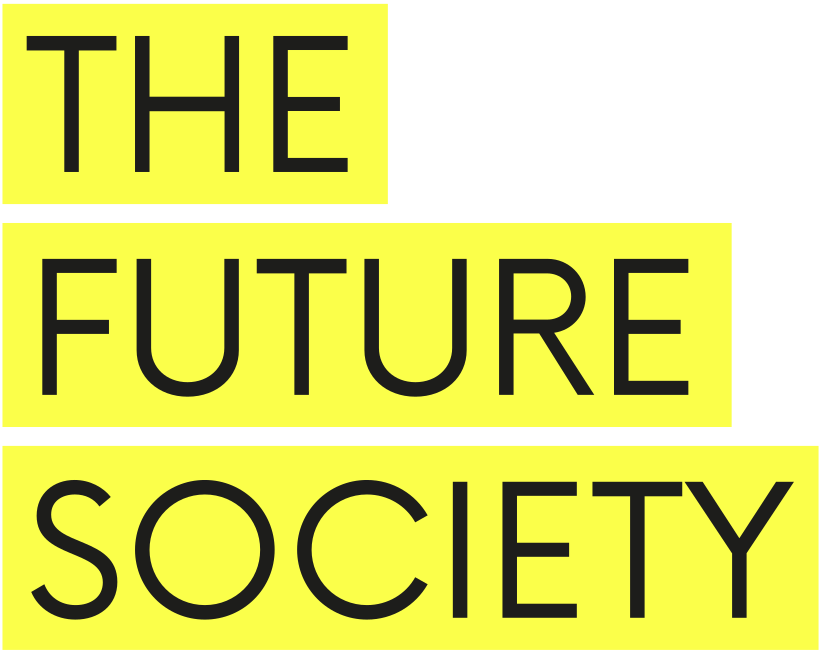Main Insight
The Future Society's chapter 'Global Governance of Artificial Intelligence' discusses challenges and pathways toward the responsible adoption of AI for the benefit of humanity.
Global Governance of Artificial Intelligence, Handbook of Artificial Intelligence and Robotic Process Automation
March 7, 2021
The chapter ‘Global Governance of Artificial Intelligence’ is authored by Nicolas Miailhe and Yolanda Lannquist in the new book Handbook of Artificial Intelligence and Robotic Process (2021) published by Anthem Press. This chapter raises important considerations and pathways for the responsible adoption of AI for the benefit of humanity.
Anchored in the wider digital revolution, Artificial Intelligence (AI) is poised to transform the economy, society, geopolitics and the global political orders we know today. The AI revolution’s impact inextricably combines very substantive opportunities (e.g. AI for Good) and serious societal risks (e.g. unemployment, bias, privacy, safety). The prospect to shape AI development towards capturing these opportunities and minimizing the risks will depend on both national-level policy, industry practices, and international coordination and collaboration. However, a global governance approach must consider the unique dynamics and challenges present in AI development. This chapter presents some of the main challenges and dynamics in AI governance and novel global governance approaches to help ensure safe and inclusive AI that benefits society broadly.
Book description: On the commercial side, artificial intelligence applications are powering many sectors. Globally, governments are exploring ways to comprehend, incorporate, apply, and use artificial intelligence technologies. This innovative, forward-looking book assembles the viewpoints of global experts and thought leaders on key issues relating to AI and government policies.
Book flyer: https://anthempress.com/media/pdf/9781785274954.pdf
Find the book on Anthem Press’ website: https://www.anthempress.com/handbook-of-artificial-intelligence-and-robotic-process-automation-hb
